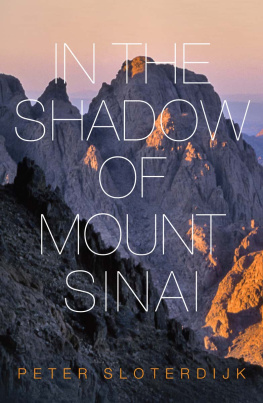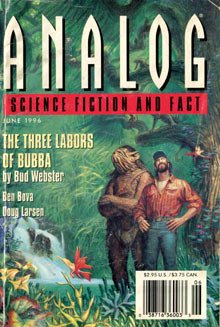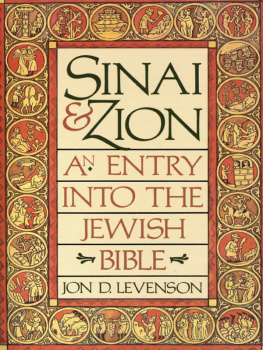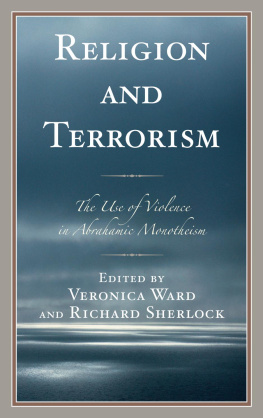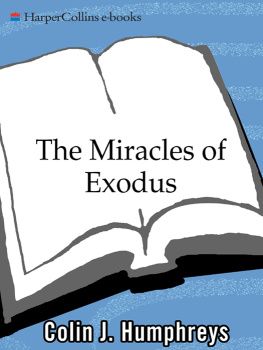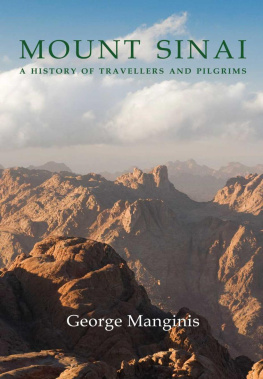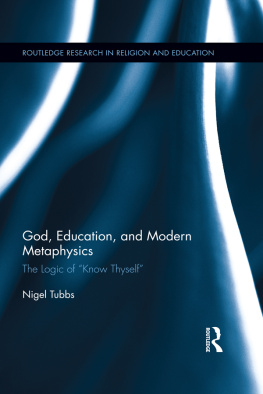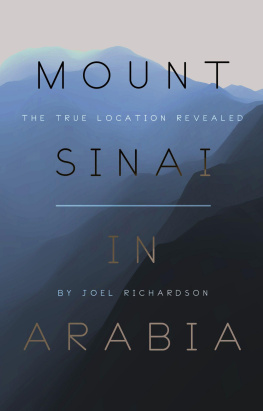
In the Shadow of Mount Sinai
A Footnote on the Origins and Changing Forms of Total Membership
Peter Sloterdijk
Translated by Wieland Hoban
polity
First published in German as Im Schatten des Sinai: Funote ber Ursprnge und Wandlungen totaler Mitgliedschaft, Suhrkamp Verlag, Berlin, 2013
This English edition Polity Press, 2016
Polity Press
65 Bridge Street
Cambridge CB2 IUR, UK
Polity Press
350 Main Street
Malden, MA 02148, USA
All rights reserved. Except for the quotation of short passages for the purpose of criticism and review, no part of this publication may be reproduced, stored in a retrieval system, or transmitted, in any form or by any means, electronic, mechanical, photocopying, recording or otherwise, without the prior permission of the publisher.
ISBN-13: 978-0-7456-9927-1
A catalogue record for this book is available from the British Library.
Library of Congress Cataloging-in-Publication Data
Sloterdijk, Peter, 1947
[Im Schatten des Sinai. English]
In the shadow of Mount Sinai / Peter Sloterdijk. -- English edition.
pages cm
Includes bibliographical references and index.
ISBN 978-0-7456-9923-3 (hardback : alk. paper) -- ISBN 978-0-7456-9924-0 (pbk. : alk. paper) 1. Religious fundamentalism--Political aspects.
2. Religious fundamentalism--Social aspects. 3. Anger--Religious aspects.
4. Philosophical anthropology. I. Title.
BL238.S56813 2015 201.4--dc23
2015007555
The publisher has used its best endeavours to ensure that the URLs for external websites referred to in this book are correct and active at the time of going to press. However, the publisher has no responsibility for the websites and can make no guarantee that a site will remain live or that the content is or will remain appropriate.
Every effort has been made to trace all copyright holders, but if any have been inadvertently overlooked the publisher will be pleased to include any necessary credits in any subsequent reprint or edition.
For further information on Polity, visit our website:
politybooks.com
Contents
Guide
Pages
Narrowing the Battle Zone
Anyone planning to say something about a controversial matter such as the violent implications of what we call monotheism, both those proven and those merely asserted, would be well advised to follow a few rules of caution. Theology is demonic terrain. What Thomas Mann noted about music in his big Washington speech of 1945 about Germany and the Germans applies no less to speaking about divine matters and about this-worldly and other-worldly things. The observation made in the same speech that music is the most remote from reality of all the arts and, at the same time, the most passionate can be transferred without any noteworthy changes to the nature of many theological lessons. They often deal with the most distant and evasive factors, such as God, omnipotence, salvation and damnation, with a vehemence that only the most intimate motifs of passion can ignite. What music and theology have in common is that, when things get serious, they can both be closer to the affected person than the person themselves as expressed by Saint Augustine in his confessional phrase interior intimo meo (more inward than the most inward place in my heart).
With this warning in mind, I would like in the following to jot down some reflections that can be read as footnotes to two of my religio-theoretical publications from recent years: Gods Zeal Nonetheless, the deliberations below should also be comprehensible without reference to these books. Some of the theologians reactions to Gods Zeal reminded me that one evidently cannot raise certain topics without bringing them to life through such a discussion. It seems that, by speaking of religious zeal systems in the monotheisms, I had aroused an inclination towards zealous rebuttal, or even the warding-off of demons, among certain readers, namely those from Christian theological circles. These rebuttals generally proceeded from the allegation that I had indiscriminately ascribed to the monotheistic scriptural religions, namely Judaism, Christianity and Islam, an intrinsic (thus the established debating term) or, differently put, an irremovable violent component, thus confusing the timelessly benign essence of these religions with their sometimes unappealing historical manifestations. The most determined opponents of this thesis they themselves had posited countered it with the claim that the aforementioned religions, Christianity in particular, wanted to be understood both in their nature and in their self-image as liberating and peacemaking movements. They had, however, been temporarily distracted from their authentic mission by heretical distortions and political instrumentalizations in the course of their respective histories.
In the light of the discussions development, which was characterized largely by projections, misreading and apologetic interests and augmented by the numerous, usually very interesting reactions to Jan Assmanns theses on the Mosaic distinction published slightly earlier I began to doubt that it would be productive to continue the debate as an argument over the correct use of the term monotheism. Above all, the opposition cited ad nauseam between a purportedly violence-inclined monotheism and a purportedly violence-averse polytheism constituted a caricature that is best met with silence. In the following remarks, then, I will avoid the term monotheism as far as possible
In the present essay, I operate on the assumption that it is not the single or plural nature of conceptions of God among collectives or individuals that plays the decisive part in releasing acts of violence. Rather, what determines a disposition towards the use of violence is the form and intensity of the absorption of faith practisers by the system of norms to which they subordinate their existence. If the term monotheism still crops up occasionally in the following reflections, then, it refers not so much to a group of theological or metaphysical conceptions. To the extent that it cannot be entirely avoided, I use it for the time being simply as a historically successful complex of heightened psycho-religious motivation.
Notes
Augustine,
Confessions, trans. Frank J. Sheed, ed. Michael P. Foley (Indianapolis: Hackett, 2006), p. 44. Peter Sloterdijk,
Gods Zeal: The Battle of the Three Monotheisms, trans. Wieland Hoban (Cambridge: Polity, 2009). Peter Sloterdijk,
You Must Change Your Life: On Anthropotechnics, trans. Wieland Hoban (Cambridge: Polity, 2013). (accessed 12 January 2015); Bernhard Lang, Monotheismus, in
Handbuch religionswissenschaftlicher Grundbegriffe, vol. 4:
Kultbild Rolle, ed. Hubert Cancik, Burkhard Gladigow and Karl-Heinz Kohl (Stuttgart: Kohlhammer, 1998), pp. 14865. More on this and the thought figure
secundum non datur in
Gods Zeal, ch. 5, The Matrix, pp. 82104. There I develop the thesis that the phenomenon of zeal not only has psychologically relevant motives but is also based on a logical grammar. Klaus Mller, Generalangriff im Tarnanzug: Peter Sloterdijk ber Religion, in
Communicatio Socialis 42/4 (2009), pp. 345f. Practice should be understood as autoplastic action, meaning a kind that acts back on the actor. Without consideration of practice aspects, acculturation processes in general are as incomprehensible as religio-ritual phenomena in particular. The general theory of practice can be directly related to the humanities and social sciences, as it makes no unnecessary concessions to naturalism. It consistently rests on culture-theoretical premises, though it emphasizes the aspect that culture would remain an empty term without examining the dimension of incorporation procedures. The cliff of reductionism is avoided by introducing the theory of practice (as a hermeneutics of repetition) into a shared understanding of cultural, especially theopoetic procedures. If practice analysis initially unsettles theologians, this is probably because it deals less with questions of truth than with states of being-in-shape.
Next page
